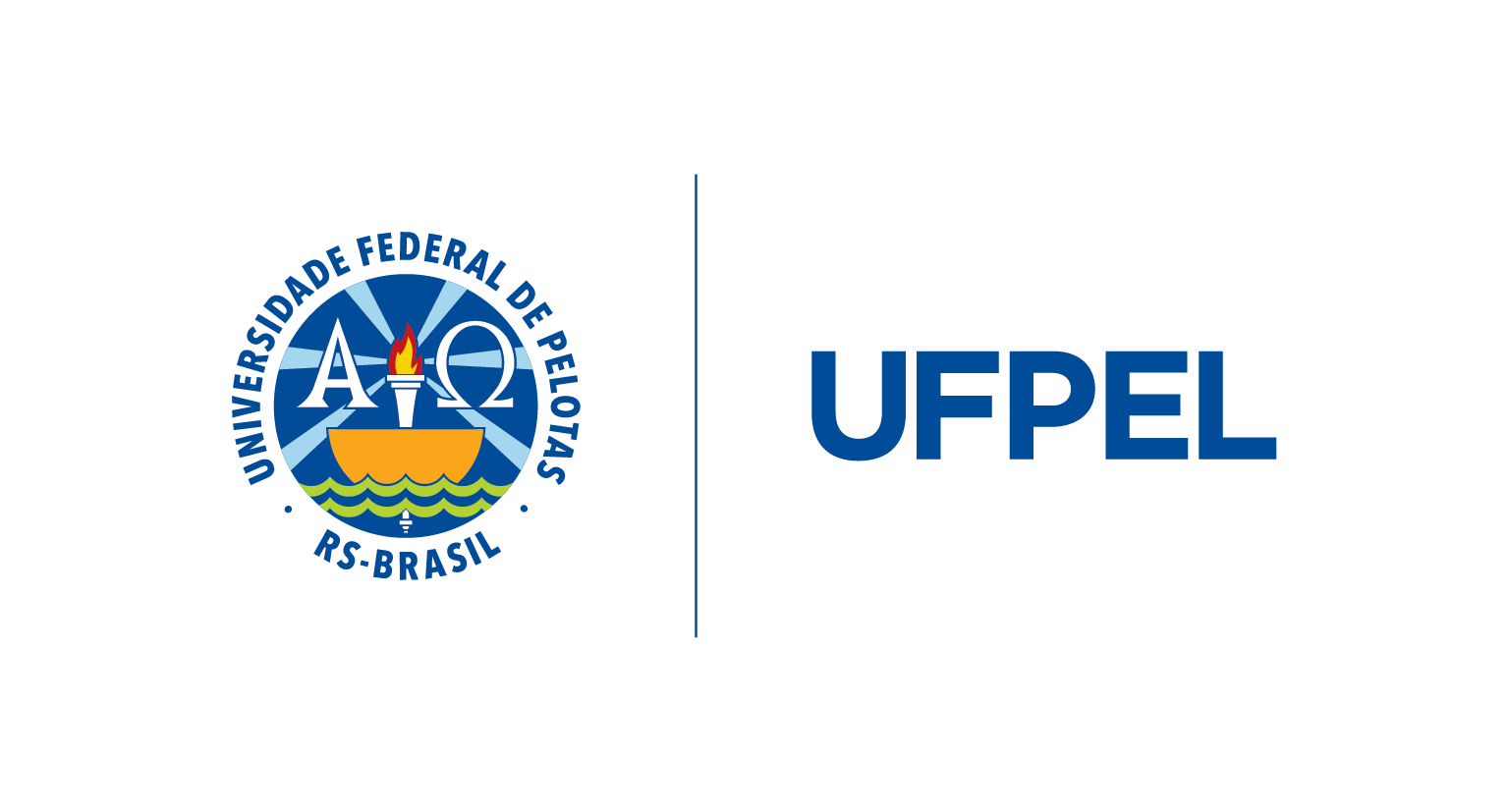
Founded in 1969, the Federal University of Pelotas is located in southern Rio Grande do Sul, approximately 250 km from the state’s capital, Porto Alegre. Currently, UFPel offers 96 undergraduate courses (with around 16.500 students), 26 Doctorates (with around 1.000 students), and 50 Masters (with around 1.200 students), in all areas of knowledge. UFPel has been standing out in the domestic scene due to the quality of its academic production, one of the only universities that do not belong to large urban centers to be acknowledged in such a way. In addition, UFPel is also one of the first Brazilian universities to stand out due to its strong student welfare and retention policies, even including institutional actions aimed at gender issues and special attention given to students who are mothers. Currently, UFPel has around 50 active research or extension projects whose goals are associated with the gender theme.
Project “Girls in Science: the use of motivating themes to attract new talents to Chemistry.”
Considering Chemistry is still not very attractive for women or girls who seek to continue their undergraduate education, as well as their graduate education, when compared to other areas, such as social sciences and humanities, several diagnoses have been made worldwide to understand the main discrepancies in order to create policies to solve this problem. In addition, several studies have been discussing that this situation can be changed with the approach of science as a professional possibility since childhood, aiming at minimizing stereotypes created along the years. So, this project intends to encourage basic education students, especially girls, to develop scientific knowledge in Chemistry, by using current themes directly associated with the students’ daily life and the interaction between scientific research and classroom teaching, instigating their scientific vocation and encouraging their potential talents.
Global IUPAC Women’s Breakfast at the Federal University of Pelotas – Breaking barriers in science.
Event held in the scope of the initiative by the International Union of Pure and Applied Chemistry (IUPAC), “Global Women’s Breakfast – GWB”, which promotes scientific networking and gender equality in various countries. In its current format, the GWB resurfaced in 2019 as a part of the celebrations of the IUPAC’s 100th anniversary and, since then, it is an annual event. In 2023, the GWB’s global theme is “Breaking barriers in science.” So, in addition to celebrating women’s achievements in science and inspiring new generations for leadership roles, the event discusses how to advance in the topics of gender equality in science. In this regard, this event seeks to promote the discussion and the reflection, emphasizing the difficulties, the advances and the scientific perspectives, on women’s participation in the development of science and technology, providing spaces for debate, discussion and contact between researchers and the academic community.
D’GENERUS: Revista de Estudos Feministas e de Gênero (Feminist and Gender Studies Journal).
D’GENERUS: Núcleo de estudos Feministas e de Gênero (Feminist and Gender study group) has an active and notable role at UFPel since 2013 (then called Gender Observatory), including educational, research and, mostly, extension activities. The D’GENERUS Journal aims at creating a virtual platform of free access with the purpose of compiling well-founded scientific publications based on intersectional feminist epistemologies that study themes associated with gender, sexuality and subjectivation issues. The goal, then, is to structure a scientific journal of multi and interdisciplinary nature about feminism and gender, sexuality, and human diversity issues.
Project “Gender in academic and administrative management in Brazil: a discussion with holders of management positions.”
Project focused on research about work and gender issues, studying women who hold high management positions in the public sector, including their sociodemographic profile and the professional and personal challenges they face throughout their career. Regarding advances in the discussions and policies for the fight against gender inequality, studies still suggest a male predominance in spaces of power, managing people and processes. Although one can perceive an increase in women’s participation in the job market due to the impact caused in the social sphere, it still replicates gender inequality.
Visit the website